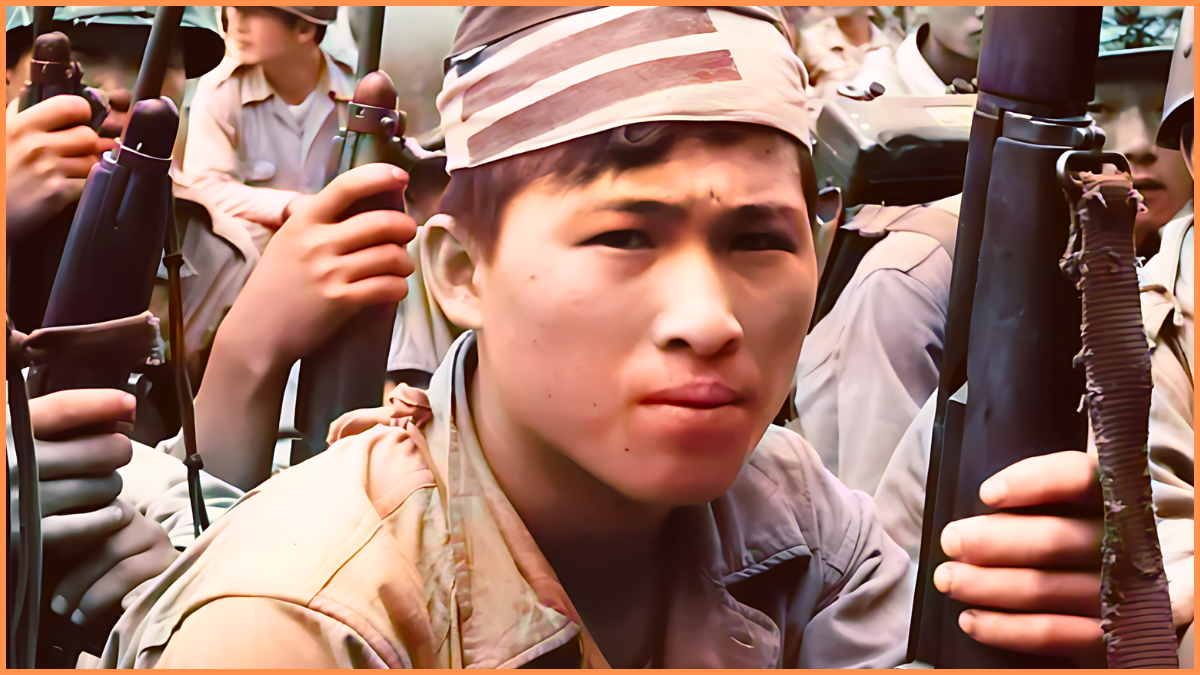The division of Korea into North and South, which persists to this day, is a relatively recent development in the grand scheme of history. This division, born in the 20th century, was not inevitable but rather a consequence of a tumultuous past marred by colonialism and geopolitical maneuvering.
Yes, technically, the Korean Peninsula remains in a state of war, as the Korean War of the 1950s concluded not with a peace treaty but with an armistice. The absence of a formal peace agreement has left tensions between the two Koreas palpably high, with occasional flare-ups of military clashes keeping the specter of conflict alive. The media’s speculative anticipation of North Korean involvement in disasters like the Seongsu Bridge collapse underscores the enduring apprehension surrounding the unresolved state of affairs.
Preceding the Korean War was a period of Japanese colonial rule, during which Korea endured significant cultural suppression and exploitation. The suffering of the Korean people under Japanese occupation, including forced labor and the atrocities committed against Korean women, left a deep scar on the nation’s psyche.
After World War II, the Korean Peninsula was divided along the 38th parallel, with the Soviet Union occupying the North and the United States occupying the South. In 1948, separate states were established: the Democratic People’s Republic of Korea in the North, led by Kim Il-sung, and the Republic of Korea in the South, led by Syngman Rhee. What was initially intended as a temporary division ultimately paved the way for war.
The onset of the Cold War further exacerbated tensions on the Korean Peninsula, leading to the outbreak of the Korean War in 1950. Despite being overshadowed by larger conflicts like World War II and the Vietnam War, the Korean War had significant implications for global geopolitics. The conflict, often dubbed the “Forgotten War,” was a war nobody desired, caught between the broader geopolitical ambitions of superpowers.
The war saw initial success for North Korean forces, including the occupation of Seoul, but eventually led to a UN counteroffensive under the leadership of General Douglas MacArthur. However, the war devolved into a protracted stalemate characterized by botched peace talks and the refusal of the communist side to concede on key issues, such as prisoners of war and the return of territory.
Ultimately, the Korean War exacted a heavy toll on both sides, with civilian casualties far outnumbering military losses. The war’s ambiguous outcome makes it difficult to declare a clear victor, but it undoubtedly left scars that continue to influence Korean society today.
So, when we reflect on the “Forgotten War,” it’s crucial to consider whose perspective we are adopting and recognize the enduring impact of this conflict on the Korean Peninsula and beyond.


